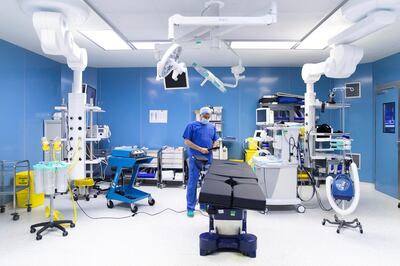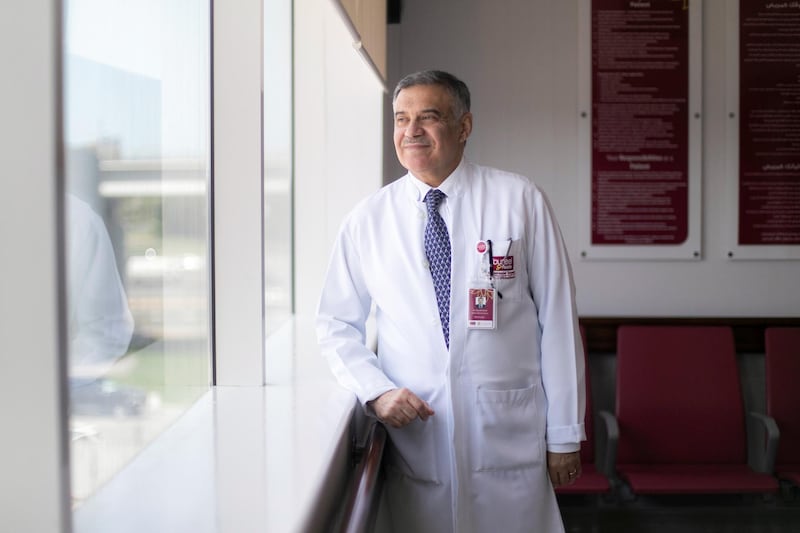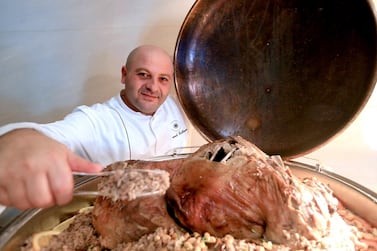The effects of Ramadan on a fasting Muslim range from the spiritual to the physical. But for many working Muslims, it is not just the impact on themselves they have to consider.
Doctors, surgeons and other health workers, who hold lives of others in their hands, must consider their patients too, knowing that a lapse in concentration could have terrible consequences.
Nayzak Raoof, chief medical officer and head of the anaesthesia department at Burjeel Hospital for Advanced Surgery in Dubai, has fasted during the holy month throughout a career spanning more than 30 years and has never encountered a case where a patient had come to harm because a doctor was observing Ramadan.

But that is not to say that a physician will never break a fast if the situation demands it. He recalls during his 15 years of working in the UK – where normal working hours and longer days made abstention harder – the consultant anaesthesiologist would make sure to carry a chocolate bar and can of soft drink in case he was called to an emergency case.
“We should remember here that Islam is a very flexible religion that allows Muslims to practice their religious obligations without affecting their work duties or performance and productivity,” the 64-year-old, who is originally from Iraq, said. “I can see no contradiction at all between fulfilling the requirements for both.
“I still happily remember my days as a junior physician in training in London when I used to fast and work exactly the same hours as others including the on call duties.
“On many occasions I would break my fast just outside the operating theatre with a can of coke and a mars bar, most of the times without any of my colleagues noticing. As fasting is something between the person and God, no one else should interfere."
Hospital management will never interfere in whether a Muslim staff member should or should not fast during a shift, leaving it up to them. The shorter working hours in the UAE make fasting more manageable, Dr Raoof said, and a series of safety measures are in place all year round, in line with leading international standards, to prevent mistakes in UAE hospitals. These involve using multiple staff members to sign off doses of medicine that might be high risk if an incorrect amount is given.
Staff are provided iftar and suhoor meals by the hospital, but normal care continues. “We have performed the most difficult and complicated surgeries during Ramadan in the previous years with an excellent outcome,” he said.
Islamic scholars generally agree that if fasting is an issue for doctors or surgeons they should attempt to schedule their working hours or operations early in the morning or the evening. However, if that is not possible, in emergency cases, or if another person’s life is at risk, it is permissible to break the fast.
Dr Raoof points out that some of the most significant events in Islamic history, such as the battle of Badr and the opening of Makkah by the Islamic army, occurred during Ramadan.
“I don’t know about the airline industry, or air traffic controllers, but there are many jobs that are very sensitive or high risk and they do the same,” Dr Raoof said.
“The holy month of Ramadan brings a great deal of spiritual tranquillity, calmness and devotion. It is an opportunity for all to review their selves, attitudes and behaviours.
“As a doctor, my job involves care about others, helping them with their suffering with love and compassion. These values should be the principles all time around. However, during the holy month, these values should be overemphasised.
“So the basic principle of our work in Ramadan is to make no changes to the patient care that is delivered by the health care team including doctors, nurses, pharmacists and all other supporting people.”






